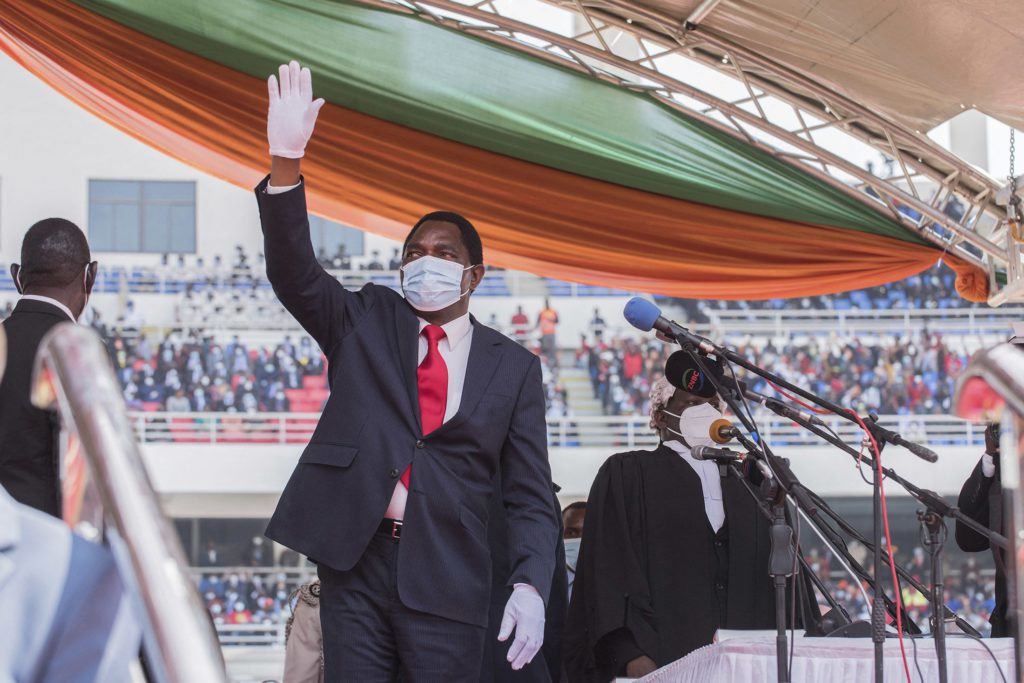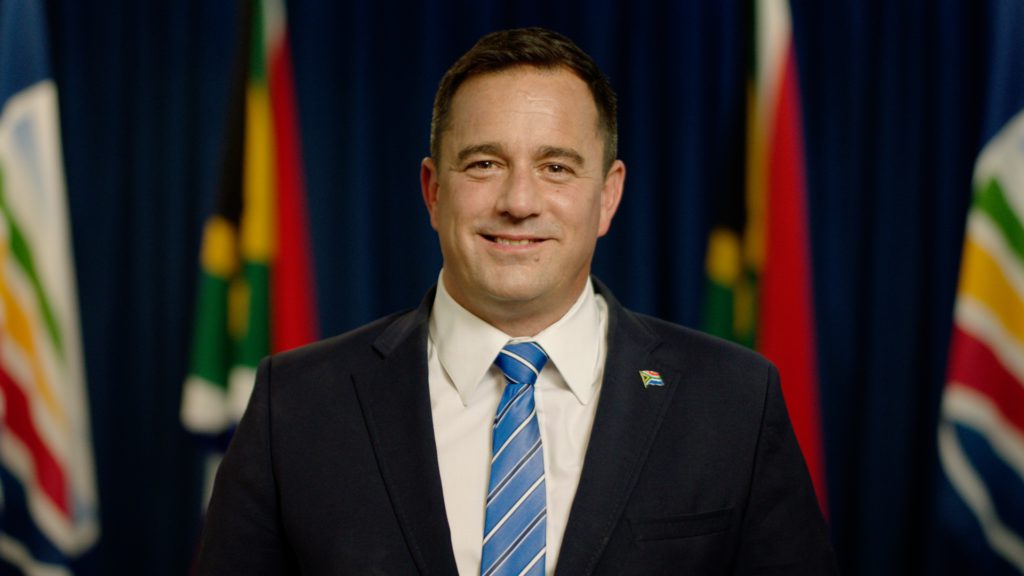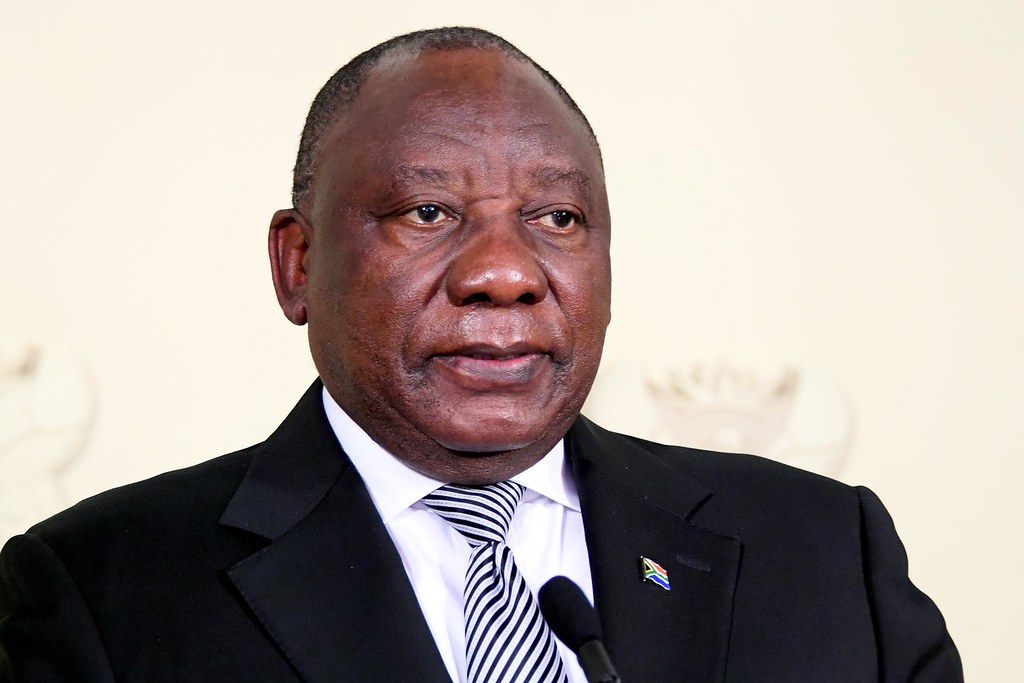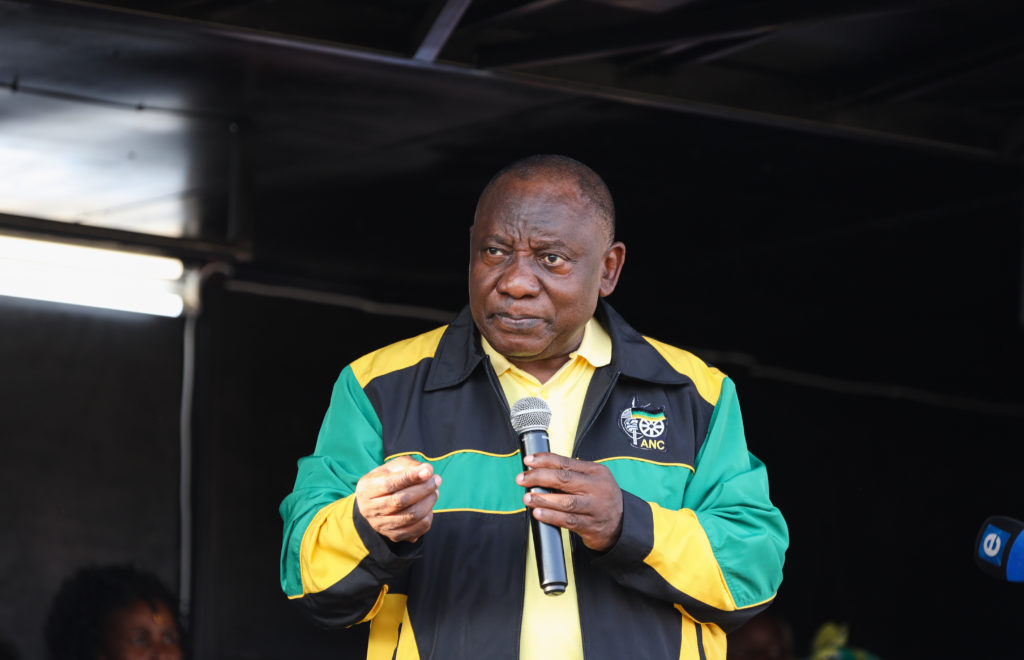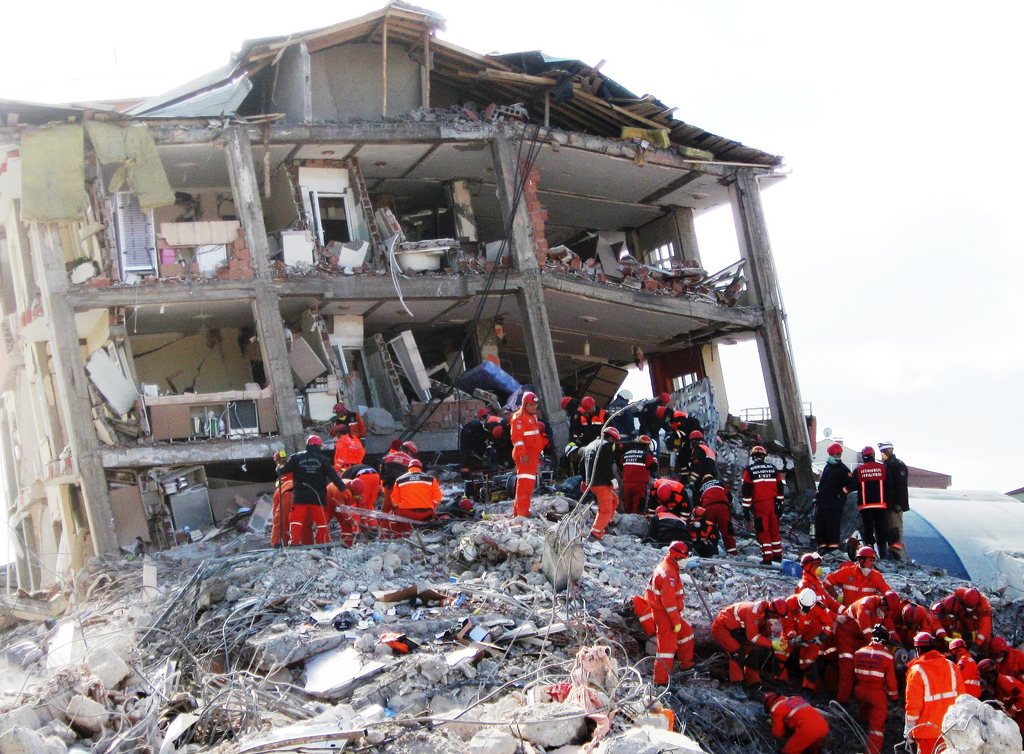(Bloomberg) — Zambian President Hakainde Hichilema’s government is trying to uncover the full extent of its obligations as it prepares to seek a bailout from the International Monetary Fund and begin talks to revamp the African nation’s debt.
Hichilema’s landslide victory in the election last month placed him in control of an economy with a “bigger hole” than he envisaged, having last year become Africa’s first pandemic-era sovereign defaulter. Years of government budget blowouts fueled by over-borrowing left the state with at least $12.7 billion in external debt, according to the most recent official figure.
“We had known for a long time that there was non-full disclosure,” Hichilema said in an interview on Tuesday, a week after taking office. “So now that we’re in, we are beginning to see that the debt numbers that were being talked about officially are not really the comprehensive numbers.”
An accurate picture of the nation’s debt may help remove a roadblock for talks with bondholders. It may also improve chances of a bailout deal with the IMF, a prerequisite for any debt restructuring.
“Introducing more transparency is of course positive but the size of the discrepancy is what matters most,” Phillip Blackwood, managing director at EM Quest Ltd. in London, said in an email. “How big is the hole is what investors are ultimately concerned with now, but this openness will of course enable current discussions with the IMF.”
Zambia’s $1 billion in bonds maturing in 2024 rose 1.6% to 79 cents on the dollar London on Tuesday, the highest level since March 2019.
Hichilema’s new team, which he said was the “new kids on the block,” on Friday named Situmbeko Musokotwane as finance minister. He will lead talks with the IMF and Zambia’s lenders that range from the Export-Import Bank of China to funds holding its $3 billion of Eurobonds.
“You have deals that were structured outside the normal channels, we’re talking about debt that was accrued, acquired without parliament approval,” Hichilema said. “One of our jobs right now is to dig into, trying to zero in on what the true debt is: both foreign and domestic debt. We are working through it and we’ll get to the bottom of it soon.”
Former President Edgar Lungu’s government has previously denied that it hid its obligations.
The Lungu government’s move to take over operations of companies including Konkola Copper Mines and Mopani Copper Mines could also add to the official public debt levels, Hichilema said.
Read more from the interview on mining deals:
The Konkola Copper Mines “business is in a very difficult space right now and there are liabilities around that business, which eventually may crystallize to the national balance sheet and are huge. They were not calculated in the numbers.”
“The Mopani mine deal will bring onto our balance sheet debt another $1.5 billion to $2 billion. It shouldn’t have been done like that. It just weighs us down.”
On talks with creditors:
“We have a new set of kids on the block in ourselves, who mean business, who bring credibility, who bring prudence to the table, who bring, if you like, prioritization in the way resources are utilized.”
“We are serious about this issue in terms of managing, dealing with the debt crisis, because we have to, it’s a necessity for both sides.”
“We hope to come to the table with full disclosure on the numbers. We want to come to the table to discuss with debt stock holders in an amicable, respectful way, so that we can find solutions that are win-win.”
We will be obviously looking for support from the lenders, there’s no question about that.”
“We are going to make sure that we do not discriminate on lenders, we do not cross subsidize.”
On talks with the IMF:
“In fact, what we need, our own checklist is longer than that of the IMF.”
“So, the IMF will be very pleased to know that we’ll not be hiding behind them to say to Zambians, these are IMF conditionalities. These are our minimum requirements as a government in order to deliver on the economy.”
More stories like this are available on bloomberg.com
©2021 Bloomberg L.P.

